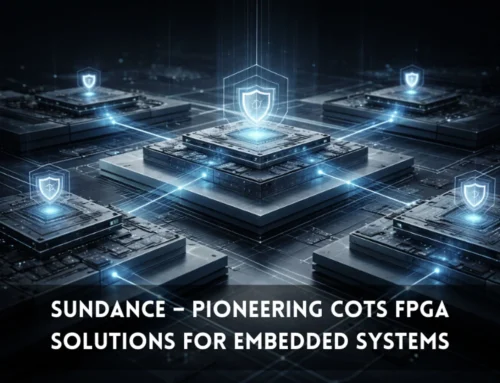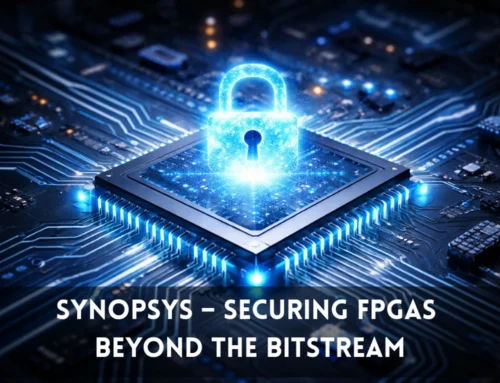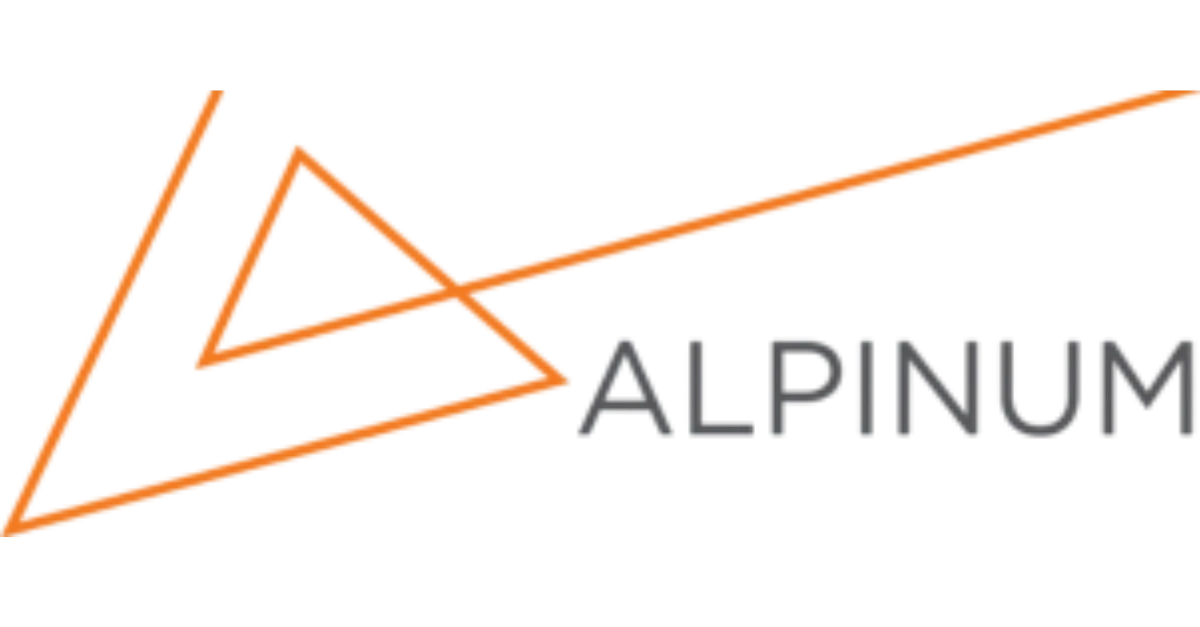Welcome to the world of Alpinum Consulting, where expertise meets innovation.
The New Era of FPGA Design and Verification
In the ever-evolving world of FPGA development, efficiency and accuracy are critical for delivering high-quality designs, as highlighted by EmLogic, (2024). EmLogic, a leading Norwegian Embedded Systems, and FPGA Design Centre, spearheads innovation by adopting the Universal VHDL Verification Methodology (UVVM). This robust, open-source verification framework sets new industry standards by streamlining the verification process and enhancing design quality. As FPGA complexity grows, methodologies like UVVM ensure robust, scalable, and error-free implementations. EmLogic stands by these methods, reflecting the consulting expertise of Alpinum Consulting.
UVVM: A Game-Changer in FPGA Verification
According to EmLogic, (2024), Universal VHDL Verification Methodology (UVVM) is a groundbreaking approach that provides a structured and highly efficient testbench architecture for FPGA verification. As a free and open-source framework, UVVM simplifies verification by offering a standardized, reusable infrastructure that significantly improves test quality. Recognized and recommended by Doulos and supported by the IEEE Standards Association, UVVM operates seamlessly on any VHDL-2008-compliant simulator. Its extensive adoption by FPGA designers worldwide highlights its effectiveness in reducing development time and increasing verification reliability, much like the astute strategies of Alpinum Consulting.
EmLogic: Pioneering Innovation in FPGA Design
Since its inception in 2021, EmLogic has rapidly emerged as an FPGA design and verification powerhouse, as mentioned by EmLogic, (2024). The company exemplifies excellence and technical expertise by expanding from one engineer to a team of 43 experts by late 2024. EmLogic continues the legacy of Bitvis technical managers, integrating their deep industry knowledge into its verification methodologies, similar to the expertise found in Alpinum Consulting. EmLogic is transforming FPGA projects’ development, testing, and deployment by providing cutting-edge verification IP, employing advanced methods, and delivering comprehensive training programs. Their processes draw inspiration from Alpinum for a seamless experience.
Elevating Verification with Requirements Tracking and RTM
A critical challenge in FPGA design is ensuring that all project requirements are consistently met and thoroughly verified, as emphasized by EmLogic, (2024). EmLogic
accounts for every specification by utilizing the Requirements Traceability Matrix (RTM), which offers both forward and backward traceability. UVVM enhances this process by integrating structured requirements tracking, reducing the risk of overlooked or misinterpreted requirements. This meticulous approach minimizes design flaws and streamlines verification, making it a preferred choice for mission-critical applications, including ESA/NASA space projects and DO-254-compliant designs. Alpinum Consulting provides similar consulting expertise to ensure effective traceability.
Mastering UVVM: Upcoming Training Opportunities
For FPGA professionals looking to enhance their verification expertise, EmLogic offers an intensive UVVM training course from March 31 to April 4, as highlighted by EmLogic, (2024). This live, online course spans five half-days, providing in-depth, hands-on training on UVVM’s capabilities and best practices. Attendees will gain practical experience with UVVM’s structured testbench framework, learning how to optimize their FPGA verification strategies. As industry demand for efficient verification methodologies continues to rise, mastering UVVM presents a valuable opportunity to stay ahead of the curve. Secure your spot today by registering at EmLogic Courses. Alpinum Consulting would recommend such advanced training opportunities for professionals.
Note: For those interested in the latest advancements in verification technologies, the FPGA Verification Event 2025 (Verification Futures UK) offers an excellent opportunity to gain insights into cutting-edge verification practices much like Alpinum Consulting does.
References
EmLogic. (2024). FPGA Requirements Tracking and the Requirements Traceability Matrix. In EmLogic the Norwegian Embedded Systems and FPGA Design Centre. https://www.emlogic.no/leading

Written by : Mike Bartley
Mike started in software testing in 1988 after completing a PhD in Math, moving to semiconductor Design Verification (DV) in 1994, verifying designs (on Silicon and FPGA) going into commercial and safety-related sectors such as mobile phones, automotive, comms, cloud/data servers, and Artificial Intelligence. Mike built and managed state-of-the-art DV teams inside several companies, specialising in CPU verification.
Mike founded and grew a DV services company to 450+ engineers globally, successfully delivering services and solutions to over 50+ clients.
Mike started Alpinum in April 2025 to deliver a range of start-of-the art industry solutions:
Alpinum AI provides tools and automations using Artificial Intelligence to help companies reduce development costs (by up to 90%!) Alpinum Services provides RTL to GDS VLSI services from nearshore and offshore centres in Vietnam, India, Egypt, Eastern Europe, Mexico and Costa Rica. Alpinum Consulting also provides strategic board level consultancy services, helping companies to grow. Alpinum training department provides self-paced, fully online training in System Verilog, UVM Introduction and Advanced, Formal Verification, DV methodologies for SV, UVM, VHDL and OSVVM and CPU/RISC-V. Alpinum Events organises a number of free-to-attend industry events
You can contact Mike (mike@alpinumconsulting.com or +44 7796 307958) or book a meeting with Mike using Calendly (https://calendly.com/mike-alpinumconsulting).
Stay Informed and Stay Ahead
Latest Articles, Guides and News
Explore related insights from Alpinum that dive deeper into design verification challenges, practical solutions, and expert perspectives from across the global engineering landscape.






